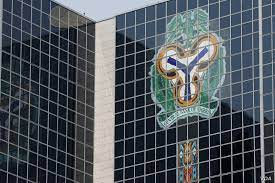
Women in Minna who recently protested against the rising cost of living and food prices clarified that their actions were driven by hunger and the dire economic situation in Nigeria. Hauwa Aliyu, one of the women detained for leading the protest, spoke to The Nation on Monday, February 12, expressing her reasons for participating in the demonstration.
Aliyu explained that witnessing her children go hungry and drop out of school compelled her to take a stand against the prevailing hardship.
Aliyu emphasized that the protest was an independent initiative borne out of desperation due to the high cost of food. She apologized to the state governor and his deputy for any damage caused during the protest, stating that their intention was to peacefully communicate their plight.
Another protester, Mama Abba, echoed Aliyu’s sentiments, emphasizing that the protest was not targeted at the government but aimed to draw attention to the pervasive hunger experienced by many Nigerians.
She reiterated the peaceful nature of their demonstration and expressed hope for the governor’s intervention in reducing food prices, providing resources for children to return to school, and creating employment opportunities.
The women praised the governor for his interventions across the state and expressed pride in his leadership. They urged him not to be offended by their protest, emphasizing their peaceful intentions.
Recalling the events of the protest, it was reported that the Niger State Police Command arrested three women and 22 youths for leading the demonstration. However, they were released the following day as the state government granted them administrative bail.
The protest had caused a disruption, with the women blocking roads in Minna and Kpakungun, prompting the intervention of law enforcement agencies.
The Police Public Relations Officer cited the protesters’ refusal to clear the roads for public use and their resort to violence as reasons for their arrest. Various weapons and substances were reportedly confiscated during the confrontation.
Ultimately, the women’s protest highlighted the desperate circumstances faced by many Nigerians due to the rising cost of living and food prices, sparking discussions about the need for government intervention to alleviate the economic burden on citizens.





